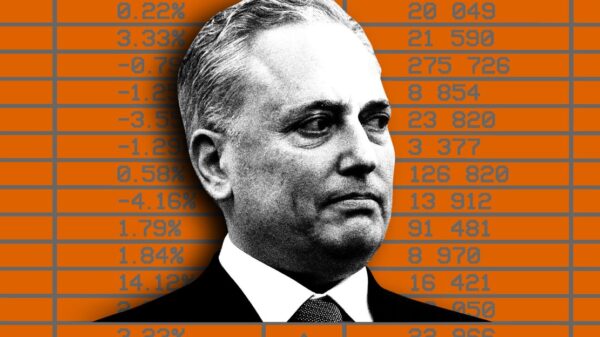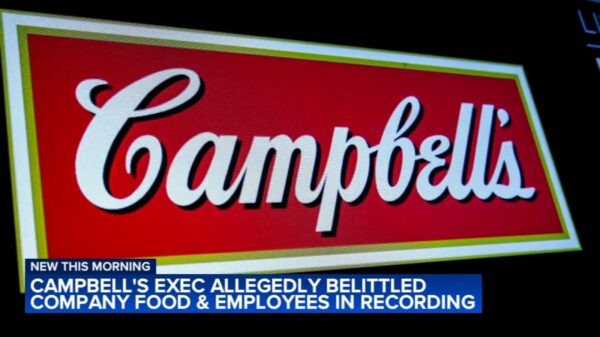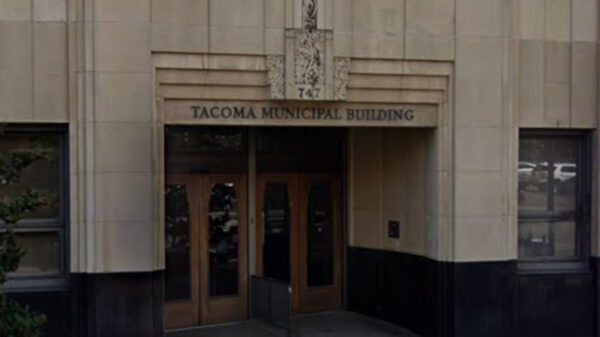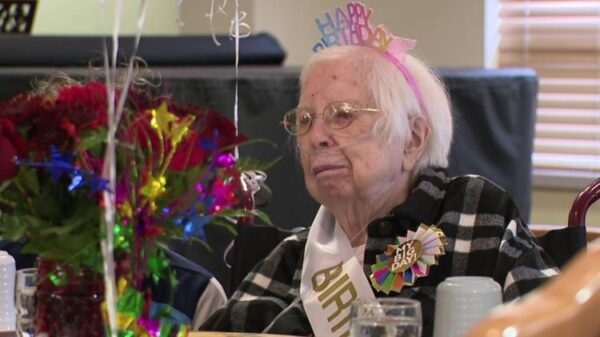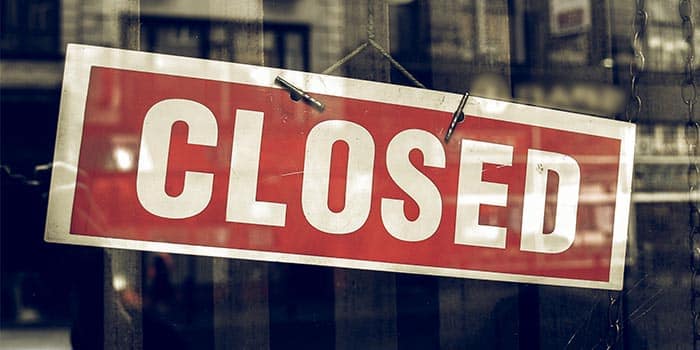BREAKING: A charity supporting disabled individuals in the North East has collapsed after its finance officer stole over GBP 120,557.98 ($162,884) to fund a gambling addiction. The devastating news comes from Newcastle Crown Court, where details of the scandal emerged, underscoring the urgent financial crisis affecting vulnerable communities.
The charity, Gateshead Access Panel, provided essential services to disabled people and their carers, including assistance with funding applications and payroll management. The charity’s downfall is linked to S.H., a 40-year-old finance officer from Chester-le-Street, County Durham, who joined the organization in 2011.
During his tenure, suspicions arose in 2016 when money began to go missing. Prosecutor Neil Pallister revealed that S.H. siphoned funds directly from charity accounts, stealing to support his gambling habit. Despite initial leniency from charity leaders, who hoped he could reform, the situation worsened.
In June 2017, the charity faced a financial crisis, unable to pay carers. S.H. falsely attributed this to banking issues but later admitted to failing to bill clients. Just a month later, similar problems emerged, prompting deeper scrutiny. Colleagues noticed S.H. gambling on his phone during work hours, which led to the discovery of his connection to the charity’s accounts via personal PayPal.
In a dramatic turn, on August 1, 2017, fearing exposure, S.H. confessed to police, revealing he had stolen a staggering GBP 120,557.98 ($162,884.67). He later repaid approximately GBP 42,000 ($56,725), but the damage had been done. The fallout left carers and disabled individuals, including S.H.’s own friends, in dire financial straits, unable to meet tax obligations.
The charity’s manager expressed how the theft “decimated” operations, directly leading to its closure in 2018. Judge Robert Adams described the case as “appalling” and criticized the lack of immediate action after the theft was uncovered. He sentenced S.H. to 18 months in prison, suspended for 12 months, and mandated 150 hours of unpaid work as a consequence of his actions.
The fallout from this case is ongoing, with a separate hearing to determine further financial reparations. The implications are profound for the charity sector, highlighting critical vulnerabilities in financial oversight and the devastating impact of addiction on community support services.
As this story develops, the community is left grappling with the urgent need for increased transparency and accountability in charitable organizations. The repercussions are not just financial; they resonate deeply within the lives of those who depended on the charity’s support. Stay tuned for further updates on this developing situation.













